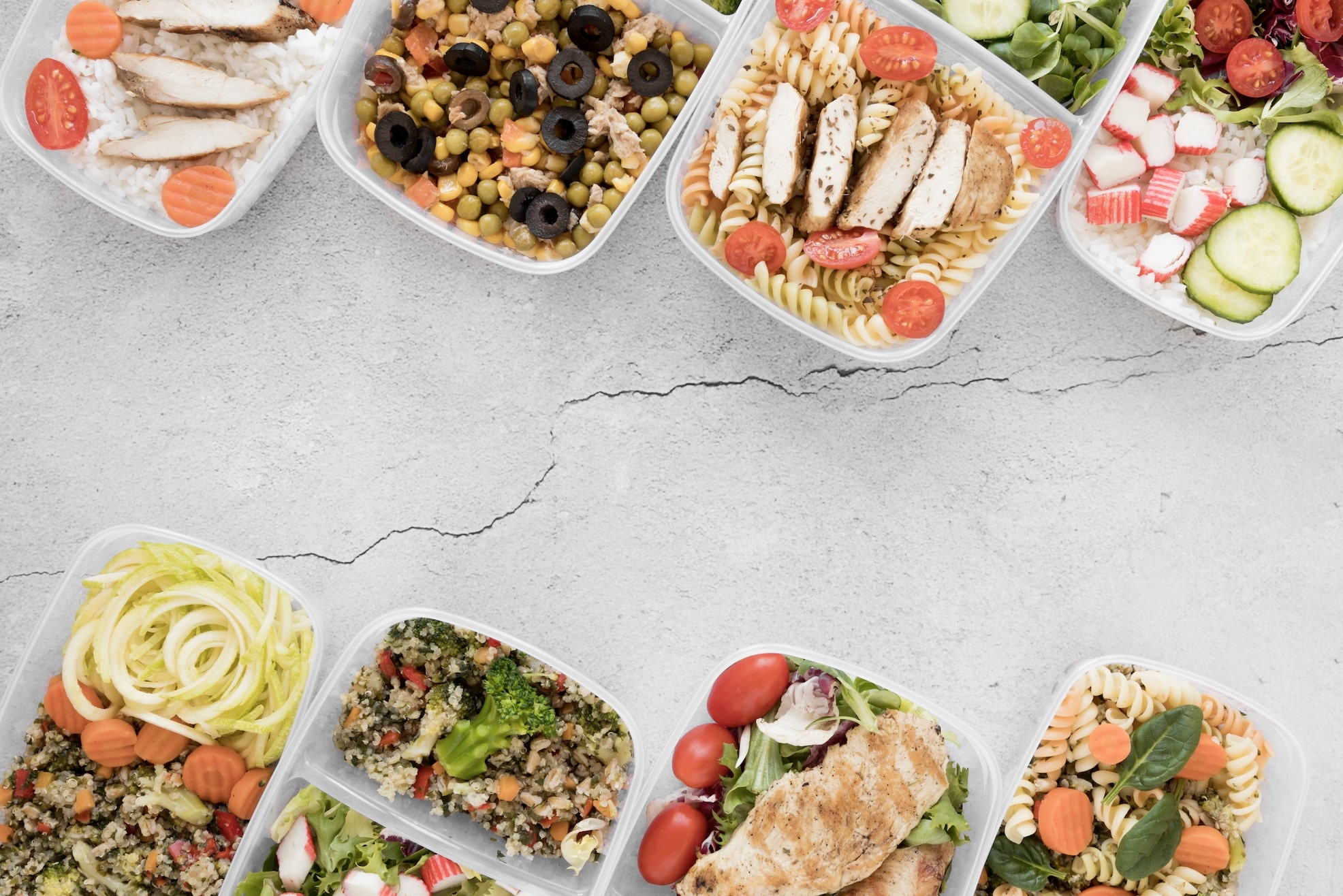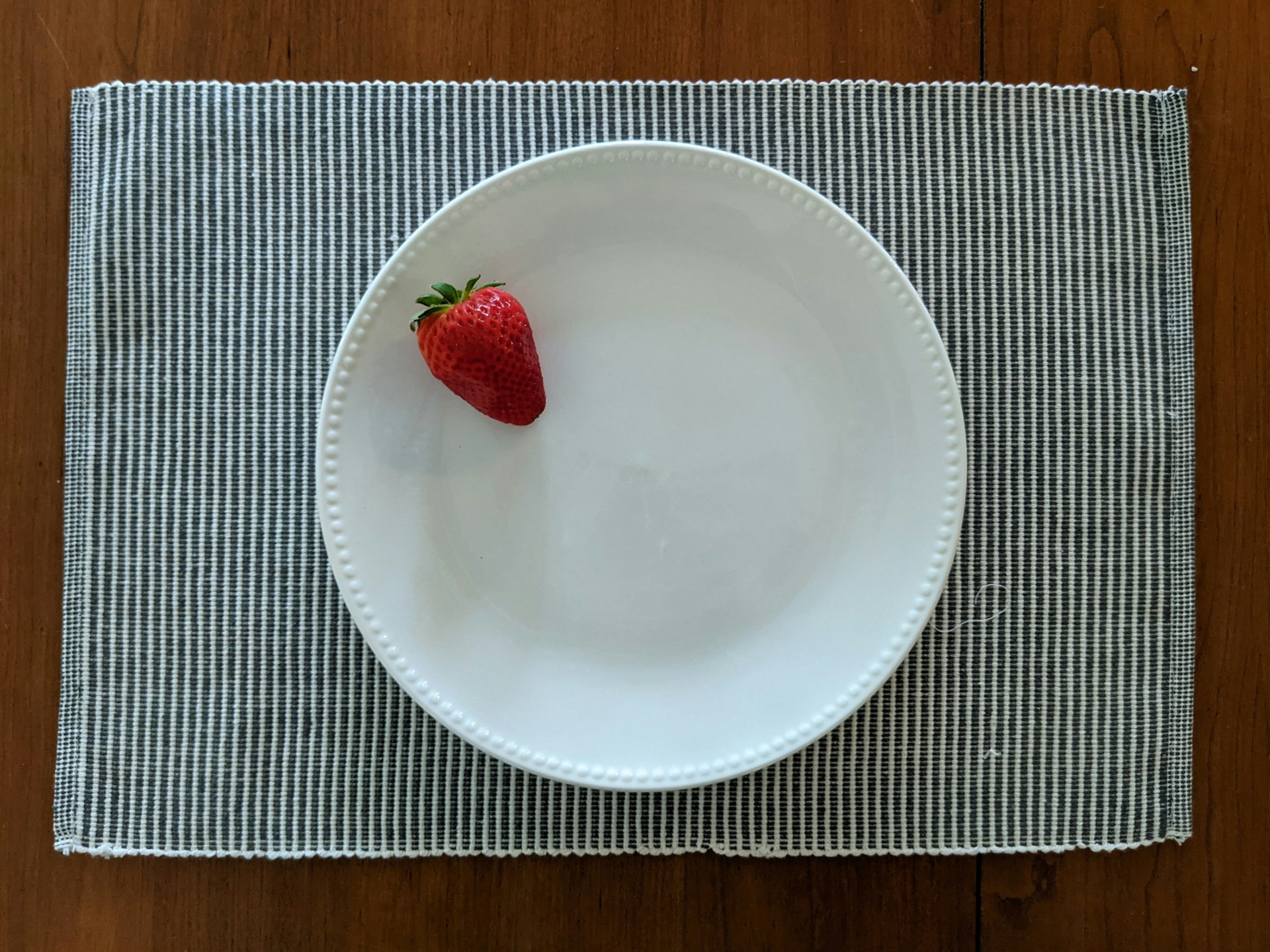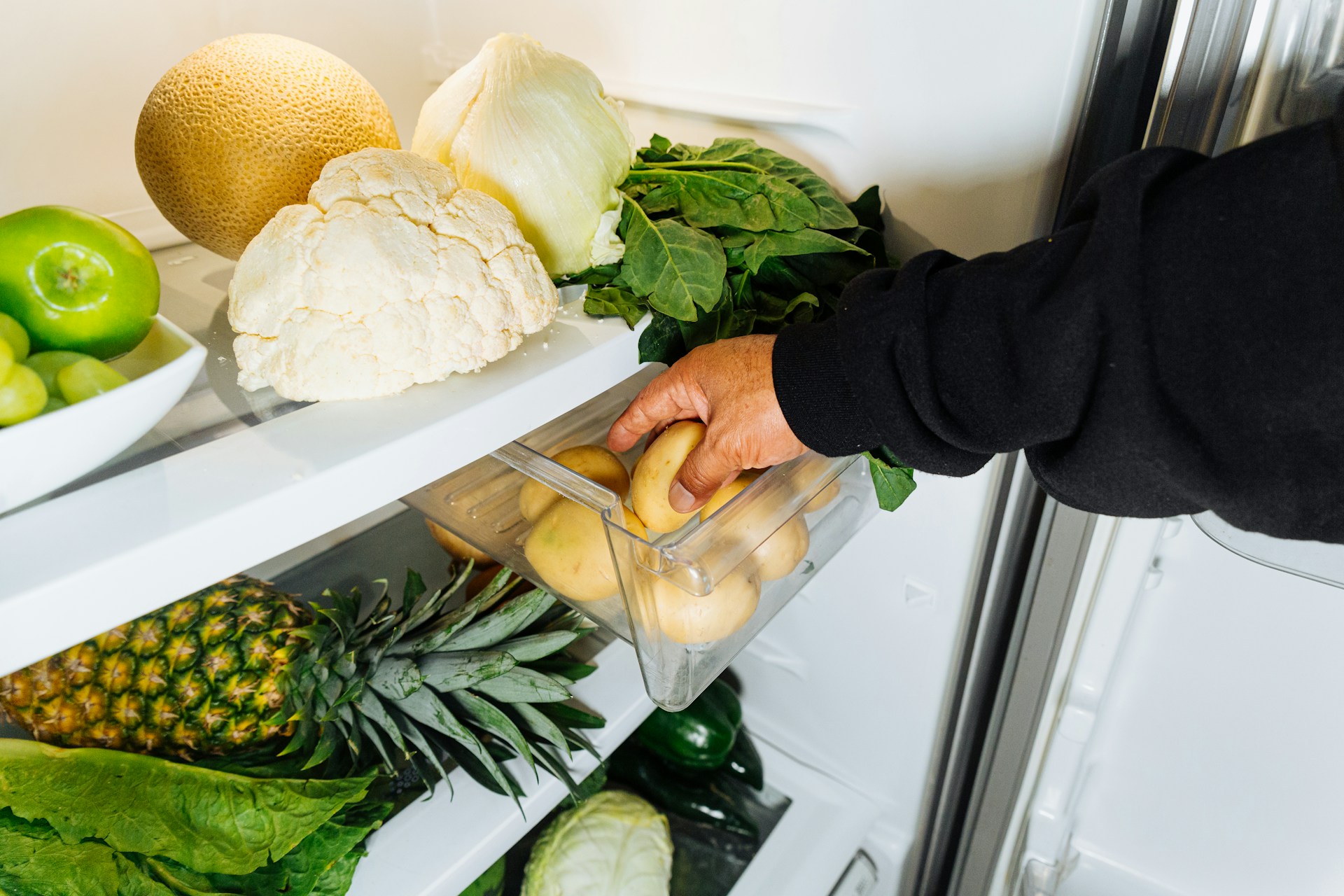Bariatric Diet Plan Without Surgery? Here's How It Works
Bariatric surgery is often used to treat severe obesity, and the diet that follows it is carefully designed to support healing and long-term health. But the principles behind that diet—high protein, portion control, and nutrient-dense eating—can be effective even without surgery. It's important to understand, though, that following the early stages of a bariatric post-surgery diet, like liquid or puréed phases, without supervision is unsafe. These very low-calorie diets can cause serious problems, like nutrient deficiencies, fatigue, hair loss, and blood sugar problems.
The goal of a bariatric diet plan without surgery is not just dieting but, most importantly, adopting the bariatric mindset. This means focusing on protein, mindful eating, and whole foods in a safe and sustainable way, ideally with professional guidance. Through this guide, you will be able to do the first steps towards your bariatric diet plan without surgery.
The Science Behind the Bariatric Diet Plan Without Surgery
The Power of Protein
Protein is at the center of this diet. It's because protein:
- Reduce hunger by increasing fullness hormones (GLP-1, CCK, PYY) and lowering ghrelin (the hormone that tells your body that it is time to eat).
- Burns more calories during digestion (20–30% of calories burned vs. 5–10% for carbs).
- Preserves muscle, which keeps metabolism strong during weight loss.
There is a difference in the amount of protein you need.
- Women: 60–80g per day
- Men: 80–100g per day
Protein-first rule
The "protein-first" rule is one of the most simple rules to follow, yet it is very effective and can make a big difference in how satisfied you feel after meals. The idea is straightforward: whenever you sit down to eat, start by eating the protein portion of your meal first. Then move to other foods like carbohydrates or fats. Protein takes longer to digest, which helps you feel fuller for a longer period of time and can naturally reduce the amount of food you end up eating overall. By prioritizing protein, you not only curb hunger more effectively but also support your body's muscle health and energy needs. This small change in the order of eating can be an easy way to improve portion control, prevent overeating, and make healthier choices without feeling deprived.
Mastering the Mindful Eating
Bariatric surgery physically restricts stomach capacity, but with a non-surgical approach to weight management, behavioral training needs to be done in order to achieve similar results. This is where the intentional practice of mindful eating becomes the equivalent of a surgical procedure.
These are the techniques to use at your meal:
- Use smaller plates and utensils,
- Chewing each bite 20 to 30 times to a puréed consistency
- Set down your utensil between bites
All these strategies are allowing the brain's satiety signals to register a feeling of fullness, so it's less likely for overeating to occur. This is particularly important because the brain's signal of fullness lags behind the stomach's physical capacity, and eating too quickly can lead to overconsumption before the signal arrives.
Mindful eating is a critical pillar of a bariatric diet plan without surgery. It is the conscious practice of paying close attention to your food and internal hunger and fullness cues. It is a powerful tool for distinguishing between true physical hunger and emotional or external eating triggers, such as eating in response to stress or the sight of food.
Choosing Nutrient-Dense, Low-Sugar Foods
Food quality is another very important factor in your bariatric diet plan without the surgery. You should avoid processed foods and sugar and really focus on lean proteins, non-starchy vegetables, whole grains, and healthy fats, which you can find in avocado and olive oil. These foods support blood sugar stability, heart health, and long-term weight control.
Your Bariatric-Style Meal Plan
A bariatric-style plan isn't about restriction but about making strategic choices. It doesn't mean you skip meals. On the contrary. Research supports eating three small meals and two or three snacks daily. This schedule controls your hunger, balances blood sugar, and prevents overeating. Snacks should be protein-based, as we already saw why proteins are important, such as nuts or yogurt, and pre-portioned to avoid impulsive choices. Preparing snacks in advance is especially helpful for staying consistent.
Do you wonder how a day in a life would look like following the bariatric diet plan? We prepared a simple daily meal overview to give you an idea.
Breakfast: 2 scrambled eggs with avocado and tomatoes
Snack: Low-fat Greek yogurt with chia seeds
Lunch: Grilled chicken with leafy green salad
Snack: Apple slices with peanut butter
Dinner: Salmon with green beans and brown rice
This plan follows the "protein-first" rule, includes vegetables for volume, and keeps carbs moderate.
Before we wrap this chapter, let's go over the foods you should eat more of and the ones to avoid one more time.
Eat More:
- Lean proteins: chicken, fish, tofu, eggs, low-fat dairy
- Non-starchy vegetables: broccoli, leafy greens, cauliflower
- Whole grains: oats, quinoa, barley
- Healthy fats: nuts, seeds, olive oil
Limit or Avoid:
- Sweet and carbonated drinks (soda (even a diet one), juice, sweet tea)
- Refined carbs (white bread, pastries, pasta)
- Fried foods and processed meats
Don't forget - you have to avoid sweet drinks but still need plenty of water, at least 64 ounces (8 cups) a day. Remember to be mindful also when drinking. Sip slowly instead of gulping to avoid discomfort.
Safety Considerations
The most important warning is that unsupervised very low-calorie dieting is unsafe. Trying to follow the liquid or puréed stages of a bariatric plan without surgery can lead to severe deficiencies, hair weakness, and blood sugar crashes. These diets are not designed for people who haven't had surgery, and attempting them without guidance often leads to yo-yo dieting and weight regain. Professional supervision is non-negotiable if you want safe, long-term results.
Long-Term Success With a Bariatric Diet Plan Without Surgery
Plan and prep. These are the two most effective tools for long-term adherence. By preparing proteins, vegetables, and snacks ahead of time, you reduce decision fatigue and avoid impulsive choices when hungry. Freezing some healthy meals for busy days ensures you are always prepared and have a safe option ready.
Support and accountability are also crucial. You can find motivation and encouragement in weight loss groups, whether in-person or online. Being part of a community with shared goals helps reduce isolation and having someone who understands you near when challenges arise (and they will).
Finally, the most critical piece of long-term success is professional guidance. A registered dietitian or healthcare provider with experience in bariatrics can build a plan tailored to your needs. They monitor your nutrition, prevent deficiencies, and help manage emotional or stress-driven eating. Without this guidance, it's easy to fall into unsafe practices that may harm your health.
So keep in mind the three areas:
- Meal Prepping
- Accountability and Support
- Professional Guidance
Safety First with a Bariatric Diet Plan Without Surgery
Adopting a bariatric diet plan without surgery is possible and effective when done right and responsibly. The core strategies are simple: eat protein first, practice mindful portion control, choose whole foods, and avoid extreme restriction.But most importantly, work with a qualified professional who can ensure your plan is safe and sustainable. By focusing on long-term behavior and nutritional quality rather than short-term restriction, it is possible for you to achieve lasting results without surgery.
{{cta_ba}}
FAQ
Can you do a bariatric diet without surgery?
Yes, you can follow the principles of a bariatric diet without surgery. Focus on protein-first meals, portion control, and whole, nutrient-dense foods. But avoid following the strict post-surgery liquid or puréed phases unless supervised by a doctor.
What foods should I avoid on a bariatric diet plan without surgery?
Avoid sugary drinks, refined carbs (like white bread, pasta, pastries), fried foods, processed meats, and carbonated beverages. These foods add empty calories, slow weight loss, and may trigger overeating.
How much protein should I eat?
Women should aim for 60–80 grams of protein per day, and men 80–100 grams. Protein helps you feel full, burn more calories, and protect muscle while losing weight.
Is the bariatric diet safe without surgery?
Yes, but only if it's adapted for non-surgical use. The extremely low-calorie phases used after surgery are not safe without medical supervision. Always work with a registered dietitian or doctor.








